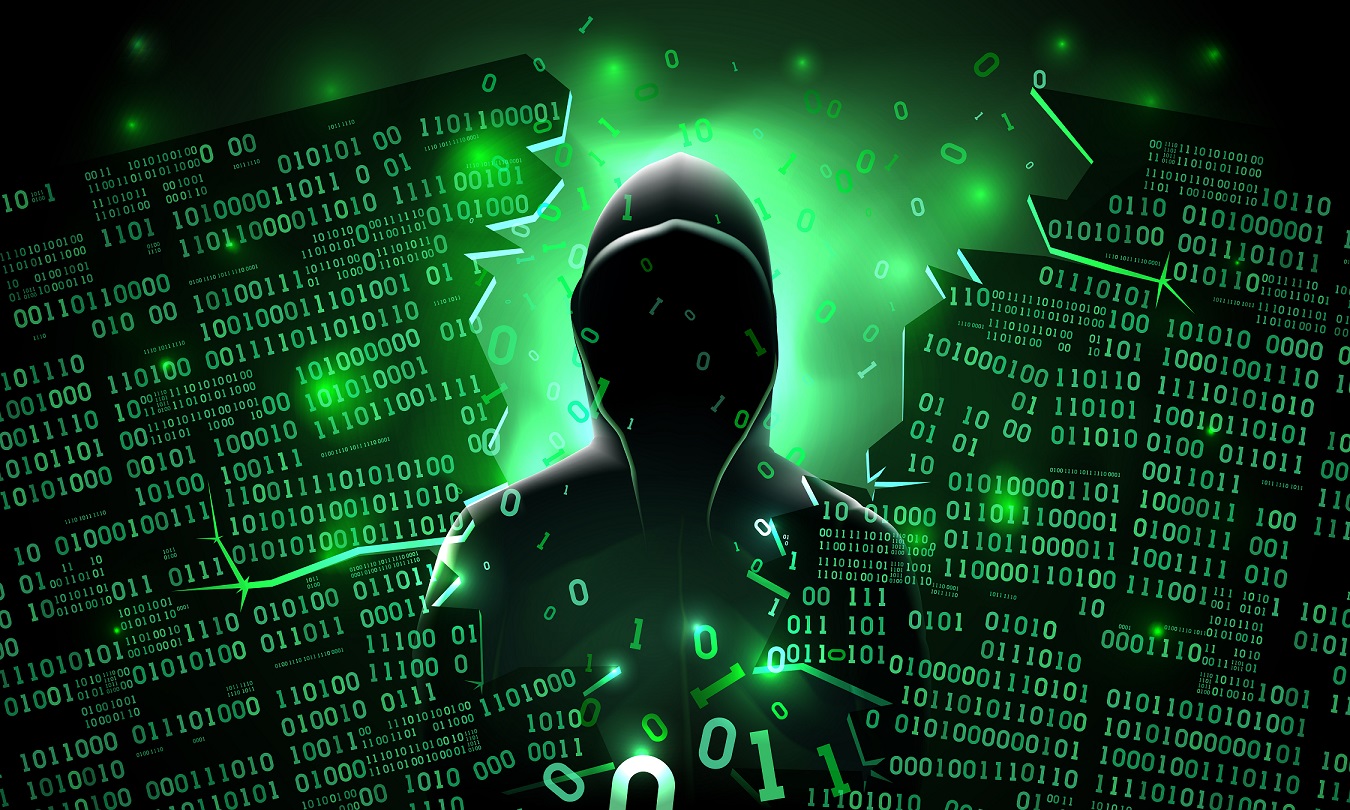
We’re constantly facing new cyber threats that can put our personal and business information at risk. As we rely more on technology, it’s crucial to stay ahead of these dangers. That’s why I’ve put together this list of top cyber security tips you need to know. These pointers will help you protect yourself and your data from potential attacks.
We’ll explore several key areas to boost your online safety. From creating strong passwords to using multi-factor authentication, we’ll cover the basics and beyond. I’ll also share advice on keeping your systems updated, being cautious with emails, and using VPNs for added protection. By following these cyber security tips, you’ll be better equipped to navigate the digital landscape safely. Let’s dive in and learn how to safeguard our online presence effectively.
Use Strong and Unique Passwords

I can’t stress enough how important it is to use strong and unique passwords for all your online accounts. In my experience, this is one of the most crucial steps in protecting yourself from cyber threats. Let’s dive into some essential tips and tools to help you create and manage secure passwords.
Password Creation Tips
When creating passwords, I always aim for a minimum of 12 characters, but 14 or more is even better. I use a mix of uppercase and lowercase letters, numbers, and symbols to make them harder to crack. For example, instead of using a simple word like “password”, I might use something like “6MonkeysRLooking^”. It’s memorable for me but difficult for others to guess.
Password Management Tools
To keep track of all these complex passwords, I rely on password managers. These tools are a game-changer for maintaining strong, unique passwords across all my accounts. They securely store my passwords and can even generate new ones when I need them. Some browsers, like Microsoft Edge, offer built-in password management features, which can be a convenient option.
Password Security Best Practises
I never share my passwords with anyone, not even friends or family. It’s also crucial to use a different password for each account. This way, if one account is compromised, the others remain secure. I also enable multi-factor authentication whenever it’s available, adding an extra layer of security to my accounts.
Enable Multi-Factor Authentication

I can’t stress enough how crucial it is to enable multi-factor authentication (MFA) for all your online accounts. It’s a game-changer in cybersecurity, adding an extra layer of protection beyond just passwords. Let me break it down for you.
Types of MFA
There are several MFA methods I use:
- Time-Based One-Time Passwords (TOTP): I use apps like Google Authenticator to generate temporary codes.
- SMS or Email Codes: I receive unique codes via text or email.
- Biometric Authentication: I love using my fingerprint or face recognition for quick and secure access.
- Hardware Tokens: For high-security needs, I sometimes use physical devices that generate unique codes.
Benefits of MFA
The advantages of MFA are numerous:
- Enhanced Security: It’s much harder for cybercriminals to breach my accounts.
- Remote Work Protection: I feel safer accessing work resources from home.
- Regulatory Compliance: Many industries now require MFA, so I’m always covered.
- Password Risk Reduction: Even if my password is compromised, my account remains secure.
How to Set Up MFA
Setting up MFA is straightforward:
- Check if your account supports MFA (most do nowadays).
- Choose your preferred MFA method.
- Follow the account-specific setup instructions.
- Test the MFA to ensure it’s working correctly.
Remember, MFA is a simple yet powerful tool in your cybersecurity arsenal. It’s an essential step in protecting your digital life.
Keep Software and Systems Updated

Importance of Updates
I can’t stress enough how crucial it is to keep your software and systems updated. It’s a key part of maintaining a strong cyber security posture. In my experience, updates do more than just improve how well your systems work – they’re essential for plugging security holes that hackers could exploit. Every time we update, we’re essentially fixing weak spots in our code, making it harder for cybercriminals to break in.
Automatic Update Settings
I always recommend setting up automatic updates wherever possible. It’s a game-changer for both individuals and businesses. By enabling this feature, you ensure that your devices, software, and applications receive patches promptly without you having to think about it. This approach saves time and consistently applies the latest security fixes, reducing cyber threats significantly.
Update Frequency Recommendations
When it comes to how often you should update, I suggest checking for updates at least once a week. For critical systems, daily checks might be necessary. It’s also wise to have a device management system in place to keep track of update statuses across your network. Remember, updating isn’t just about software – don’t forget about firmware updates too.
At Fortitude MSP, we understand the challenges of managing updates, especially for businesses. That’s why we offer solutions like Easy2Patch, which automates patch deployment and streamlines the update process. This ensures all your devices stay up-to-date with the latest security patches, significantly enhancing your overall cyber security.
Be Cautious with Email and Links

I can’t stress enough how crucial it is to be vigilant when dealing with emails and links. Phishing attacks are on the rise, and they’re becoming increasingly sophisticated. In my experience, these scams often exploit our trust in familiar brands or colleagues.
Identifying Phishing Attempts
When I receive an email, I always look for red flags. Suspicious sender addresses, especially those using public email domains like Gmail, are a big warning sign. I also pay close attention to the language used. Poor grammar or spelling errors often indicate a scam. Another trick I’ve noticed is the creation of a false sense of urgency. If an email pressures me to act immediately, I’m instantly wary.
Safe Email Practises
I’ve learned that caution is key when handling attachments. I never open files from unknown sources, and I’m even careful with attachments from familiar contacts if they seem out of character. When it comes to links, I always hover over them to preview the URL before clicking. This simple habit has saved me from many potential threats.
Link Verification Methods
To further protect myself, I use link verification tools. These scan URLs against databases of known phishing sites. When in doubt, I prefer to access websites directly through my browser rather than clicking email links. At Fortitude MSP, we offer advanced email security solutions that automatically check links and attachments, providing an extra layer of protection for businesses.
Use a Virtual Private Network (VPN)

I can’t stress enough how crucial it is to use a VPN for enhancing your online security. A VPN creates an encrypted tunnel for your data, making it nearly impossible for hackers or your ISP to intercept your online activities. This is especially important when using public Wi-Fi networks, which are often unsecured and prime targets for cybercriminals.
VPN Benefits
VPNs offer numerous advantages beyond just security. They allow you to bypass geographical restrictions, access content from your home country while abroad, and even find better deals on online purchases. VPNs can also help prevent bandwidth throttling by your ISP, ensuring consistent internet speeds.
Choosing a Reliable VPN
When selecting a VPN, I always look for providers with strict no-logs policies and robust encryption protocols like OpenVPN or IKEv2/IPsec. It’s crucial to choose a reputable service to ensure your data remains private. At Fortitude MSP, we offer tailored VPN solutions for businesses, ensuring top-notch security and privacy for all your online activities.
VPN Usage Guidelines
To maximise VPN benefits, I recommend enabling it whenever you’re online, especially on public networks. Always keep your VPN software updated and use additional security features like kill switches to prevent data leaks. Remember, while VPNs significantly enhance security, they’re not a cure-all. Combine them with other cybersecurity measures for comprehensive protection.
Final Thoughts
Cyber security is a crucial aspect of our digital lives, and implementing these top tips can significantly enhance our online safety. From using strong passwords and enabling multi-factor authentication to keeping software updated and being cautious with emails, each step plays a vital role in protecting our digital assets. The use of VPNs adds an extra layer of security, especially when accessing the internet on public networks.
For businesses looking to bolster their cyber security measures, partnering with experts like Fortitude MSP can make a world of difference. They offer tailored solutions to address specific security needs, from automated patch management to advanced email protection and VPN services. By taking a proactive approach to cyber security and leveraging professional support, individuals and businesses alike can navigate the digital landscape with greater confidence and peace of mind.
FAQs
What are the key tips for maintaining cyber security?
Utilising robust passwords, regularly updating your software, carefully assessing suspicious links before clicking, and enabling multi-factor authentication are fundamental elements of what is often referred to as “cyber hygiene”. These measures significantly enhance online safety for both individuals and organisations.
What do the 5 C’s of cyber security signify?
For any business, from small enterprises to large corporations, grasping the 5 C’s of cybersecurity—Change, Compliance, Cost, Continuity, and Coverage—is crucial. These five elements form a comprehensive framework that assists businesses in protecting their digital environments.
How can I excel in the field of cyber security?
Gaining a thorough knowledge of networking is essential for a career in cybersecurity. Understanding the technical aspects of data transmission through networking will enhance your ability to secure data. Pursuing networking certifications, such as CompTIA Security+ and Cisco CCNA, is recommended.
What are the top five strategies for cyber security?
To protect your data, it’s advisable to use strong passwords and implement additional security measures on your accounts. Preventing malware, avoiding phishing attacks, backing up your data, and ensuring your devices are secure are also critical strategies for maintaining robust cyber security. For more detailed information, refer to our downloadable documents section.
Written By Rob White

Rob White is Fortitude MSP’s IT Support and Cyber Security specialist.
